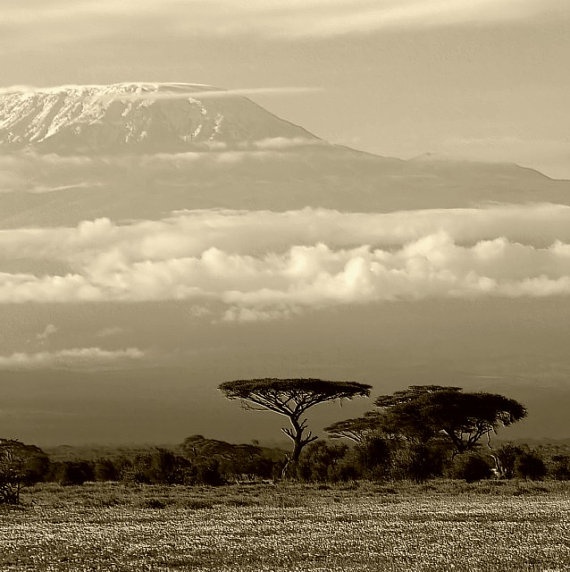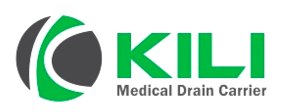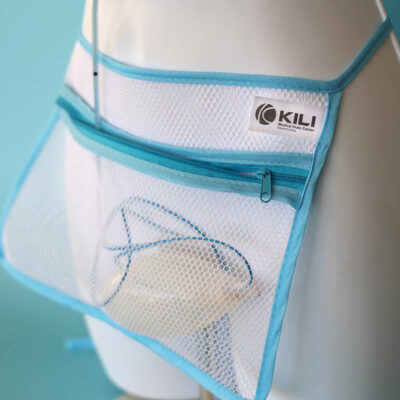After being diagnosed with cancer so many times — and surviving — I was in a position to give back to the global community. I volunteered to work in a small village in Tanzania, Africa.

Moshi, Tanzania.
It’s a world much different than mine.
People move at a different pace.
They stop and listen.
If you announce that a family member is ill, they want to know how long, what did they eat and how you plan to treat them.
In their world, the pace of walking is much more sensible.
In Moshi, when you stroll, there’s a better chance of running into a friend or spotting a child that’s gotten out of earshot from it’s family.
My volunteer placement gave me the opportunity to work with women in a rural village who established their very own micro finance group.
Mkombozi Women’s Group had been meeting for more than five years when I received the placement. The micro-loan cooperative consisted of mamas living within a one mile radius of the home base where I stayed. At 24 members strong, I was slightly intimidated by such a well-organized group. They started on their own — without assistance of a commercial bank. It was pretty simple. Loans start at small amounts. Each mama sets aside a little cash each week and brings it to weekly meetings, in order to invest back into the group.
When a loan is assumed, interest is very low. There’s no advantage placing a mama at risk to default, and the community knows it. Two friends must “co-sign” (it’s what we would call it), but really it’s a safety net that means liability is split three ways, instead of just one.
My job was to bring both English and business education to Mkombozi. In all honesty, they were the teachers, and I was the student. I loved the patience the mamas showed me. It wasn’t about reaching a certain goal. It was about sharing our lives each day. In case we learned new vocabulary or a better way of growing crops — all the better. Accomplishments were celebrated with families and included dancing, singing and occasionally, banana beer.
With the help of these wonderful women, we designed and produced aprons for patients with medical drains. Aprons, worn by waiters at restaurants, seemed to be a good solution. Ugly drains can be tucked into apron pockets, and no one’s the wiser.
The aprons were constructed of exotic and colorful local fabrics.
We had so much fun. Sewing was conducted on a treadle machine – allowing each mama to take a turn at being seamstress. In just two weeks, Mkombozi produced 40 spectacular aprons. A single Facebook post resulted in all 40 aprons being sold in about 12 hours. Actually more than 40 aprons sold. A wait-list for the item had to be started, and individuals began ordering three or four at a time. The first round netted 400,000 TZ shillings, or about $220 US, for Mkombozi.
Mkombozi is now a business, as well as a micro loan finance group.
The endeavor gives mamas financial resources to pay school fees, buy more farming materials and improve their living conditions. And, they feel so proud of their skills. The project opened the door to other endeavors and increased their understanding of business models.
The aprons are now available to purchase online: www.KilimanjaroCarrier.com.
More information regarding Mkoombozi women’s group can be found on their website.

